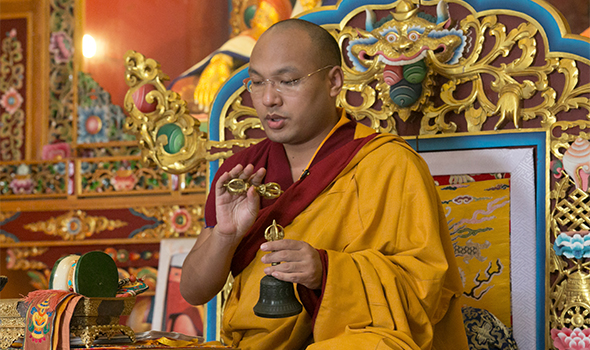Australia frets about Chinese influence in its universities, adopts new guidelines

DHARAMSALA, 14 Nov: Amid mounting concerns over China’s influence in its universities, Australia will now adopt new guidelines to combat it, media reports said.
Under the new federal government directive aimed at safeguarding against foreign interference, Australian universities will have to share cyber intelligence with national security agencies, name their research partners and financial donors, the Reuters reported.
“The foreign interference threat is at unprecedented levels. It will evolve so we’ve got to make sure our approach evolves with it,” the Australian Education Minister Dan Tehan was quoted as saying in the report.
The report noted that Australia formed the task force of intelligence officials and university executives this year to create new rules, amid a spate of cyberattacks targeting universities and fears that China could influence research and students.
Henceforth, universities will declare foreign financial dealings on the same register that Australian lobbyists working for foreign countries use to declare themselves foreign agents, the report added.
The new rules were drawn up by universities and intelligence experts from the Department of Home Affairs and the Australian Security Intelligence Organisation after concerns were raised over China’s influence in Australia and a massive Australian National University(ANU) hack that rocked the country in 2018.
However, it is not clear what penalties the universities found to be breaching the new rules will face.
The Education Minister has however said that the new directives were about universities doing their due diligence as he did a presentation on the ANU hack while reaffirming the need to take more action in this area, reports Australia’s Special Broadcasting Service.
Foreign students are worth about A$35 billion ($24 billion) a year to the Australian economy and China, Australia’s largest trading partner account for about a third of that figure.
China was previously identified as the force behind a cyberattack on Australia’s parliament and three largest political parties before the general election in May, which Beijing has resolutely denied.
Meanwhile, the debate over increasing Chinese influence in Australian campuses was also highlighted as the mass pro-democracy protests that have wracked Hong Kong have, in turn, prompted clashes between pro-Hong Kong and pro-China student activists on Australian campuses earlier in Sept.






